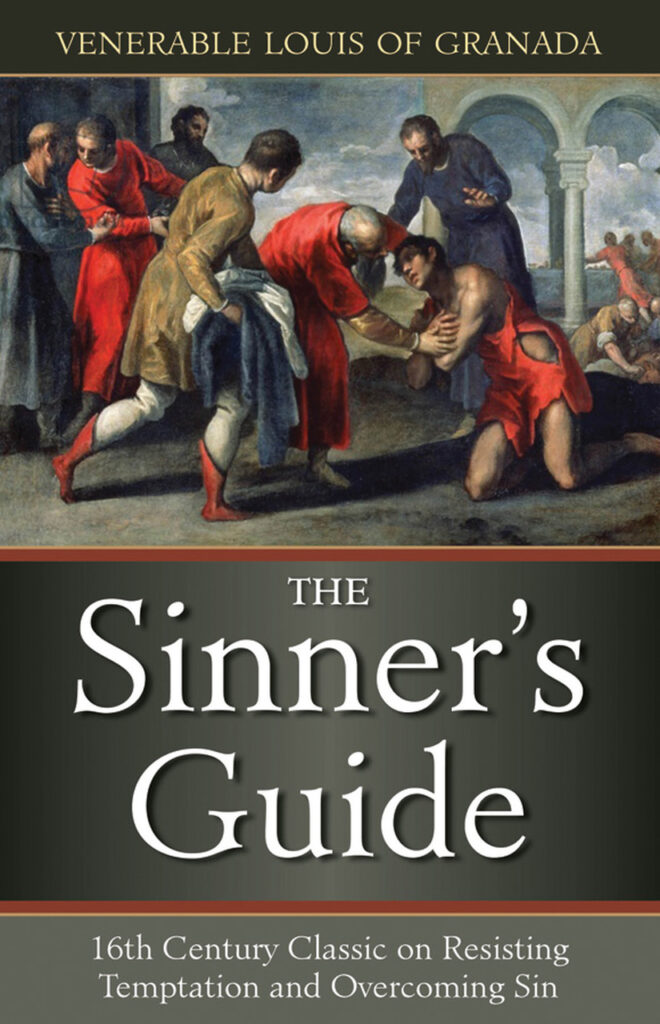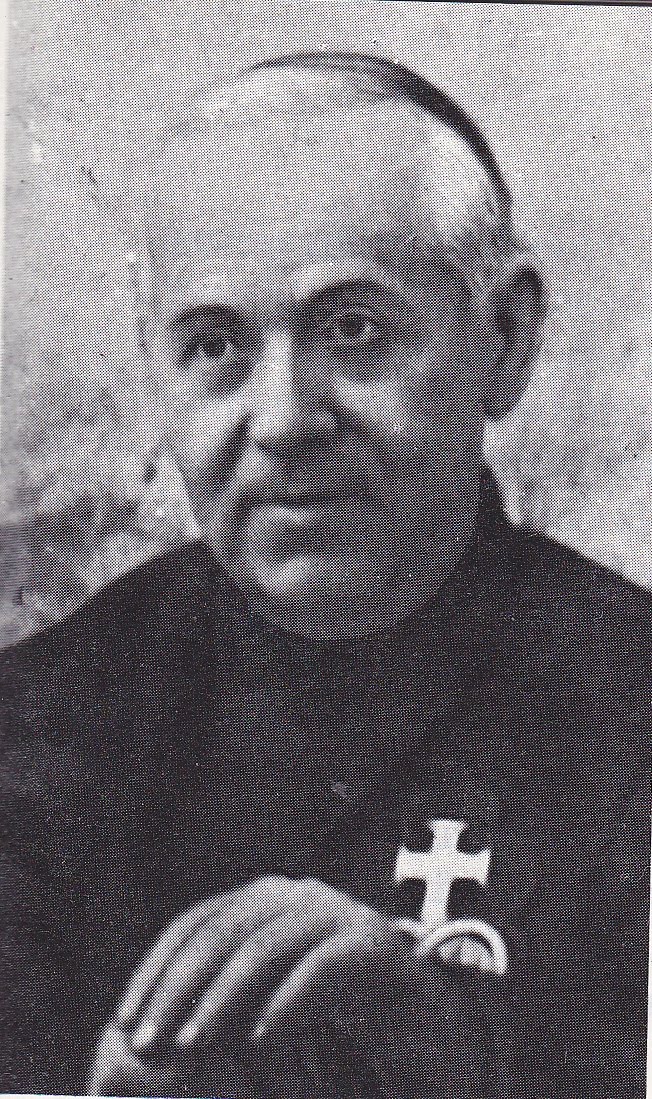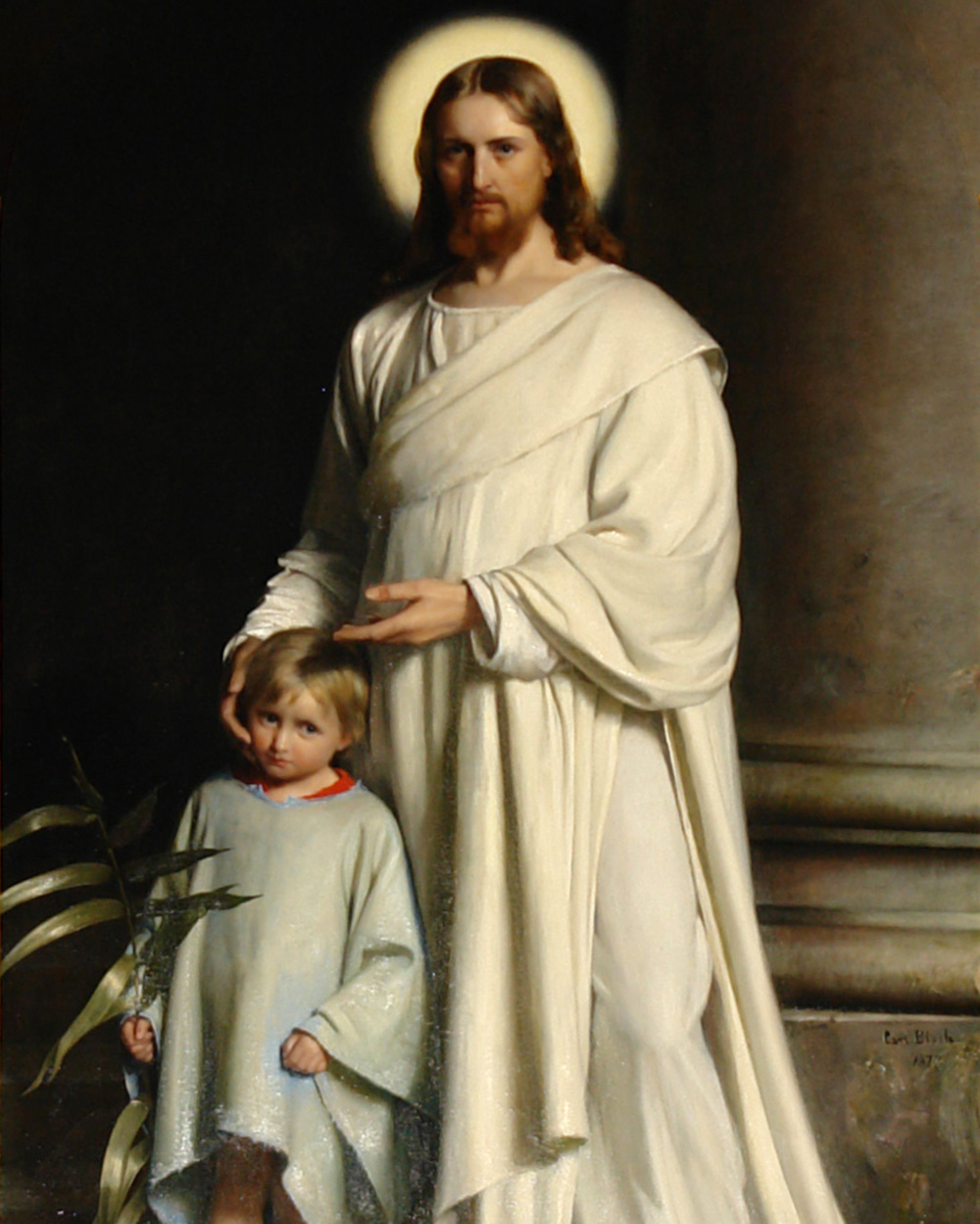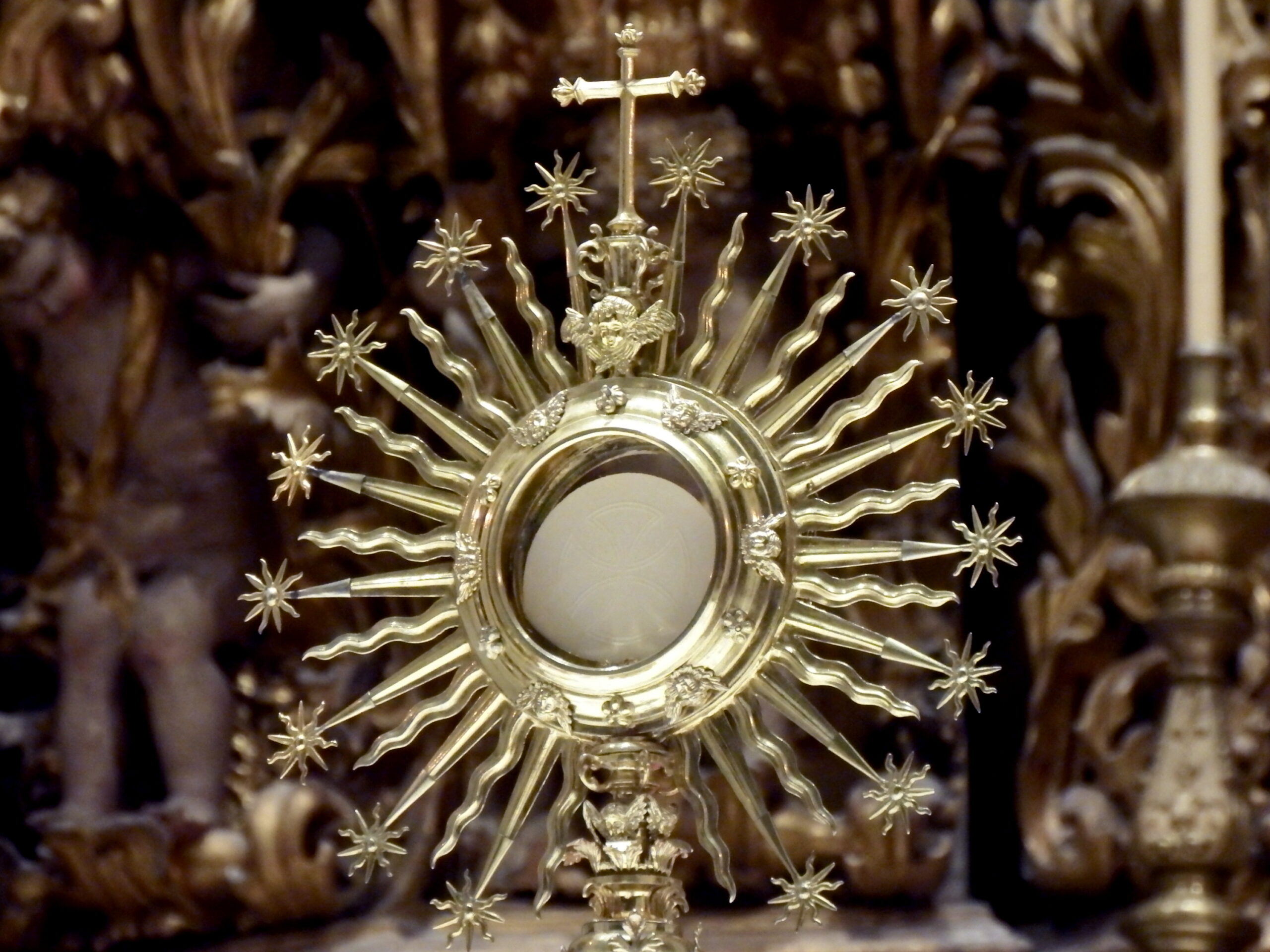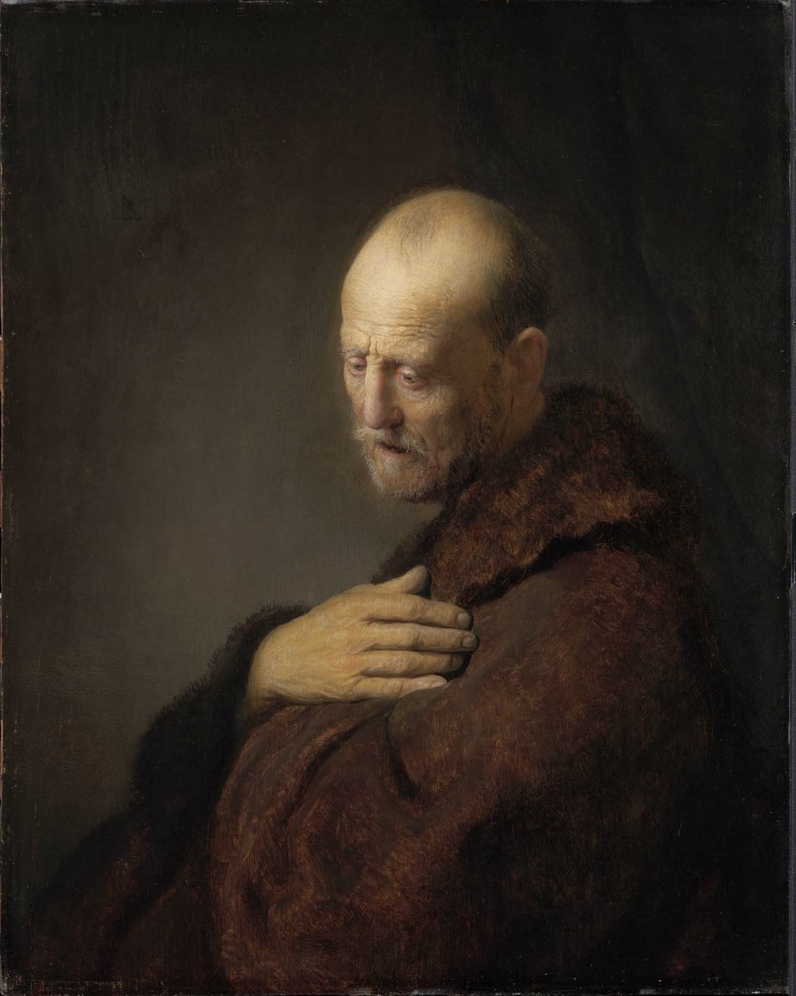We have generally called the deadly or capital sins the sources of all iniquity. They are the roots of the mighty tree of vice, and if we can destroy them the trunk and branches must soon decay. With them, therefore, we shall begin, following the example of Cassian and other spiritual writers, who were so firmly convinced that if they could only rout these enemies the defeat of the others would be an easy task.
St. Thomas gives us a profound reason for this. All sin, he says, proceeds from self-love, for we never commit sin without coveting some gratification for self. From self-loving spring those three branches of sin mentioned by St. John: “the concupiscence of the flesh, the concupiscence of the eyes, and the pride of life” (1 John 2:16), which are love of pleasure, love of riches, and love of honors. Three of the deadly sins, lust, gluttony, and sloth, spring from love of pleasure, pride springs from love of honors, and covetousness from love of riches.
The remaining two, anger and envy, serve all these unlawful loves. Anger is aroused by any obstacle which prevents us from attaining what we desire, and envy is excited when we behold anyone possessing what our self-love claims. These are the three roots of the seven deadly sins, and consequently of all the others. Let these chiefs be destroyed and the whole army will soon be routed. Hence we must vigorously attack these mighty giants who dispute our entrance to the promised land.
The first and most formidable of these enemies is pride, that inordinate desire of our own excellence, which spiritual writers universally regard as the father and king of all the other vices. Hence Tobias, among the numerous good counsels which he gave his son, particularly warns him against pride: “Never suffer pride to reign in thy mind or in thy words, for from it all perdition took its beginning” (Tob. 4:14). Whenever, therefore, you are attacked by this vice, which may justly be called a pestilence, defend yourself with the following considerations:
First, reflect on the terrible punishment which the angels brought upon themselves by one sin of pride. They were instantly cast from Heaven into the lowest depths of Hell. Consider how this fall transformed Lucifer, the prince of the angelic hosts, and the bright and beautiful star surpassing in splendor the sun itself. In one moment he lost all his glory, and became not only a demon but the chief of demons. If pure spirits received such punishment, what can you expect, who are but dust and ashes? God is ever the same, and there is no distinction of persons before His justice.
Pride is as odious to Him in a man as in an angel, while humility is equally pleasing to Him in both. Hence St. Augustine says, “Humility makes men angels, and pride makes angels devils.” And St. Bernard tell us, “Pride precipitates man from the highest elevation to the lowest abyss, but humility raises him from the lowest abyss to the highest elevation. Through pride the angels fell from earth to Heaven.”
After this, reflect on that astonishing example of humility given us by the Son of God, who for love of us took upon Himself a nature so infinitely beneath His own, and “became obedient unto death, even the death of the cross” (Phil. 2:8). Let the example of your God teach you, O man, to be obedient. Learn, O dust to humble yourself. Learn, O clay, to appreciate your baseness. Learn from your God, O Christian, to be “meek and humble of heart” (Matt. 11:29). If you disdain to walk in the footsteps of men, will you refuse to follow your God, who died not only to redeem us but to teach us humility? Look upon yourself and you will find sufficient motives for humility.
Consider what you were before your birth, what you are since your birth, and what you will be after death. Before your birth you were, for a time, an unformed mass; now a fair but false exterior covers what is doomed to corruption; and in a little while you will be the food of worms. Upon what do you pride yourself, O man, whose birth is ignominy, whose life is misery, whose end is corruption? If you are proud of your riches and worldly position, remember that a few years more and death will make us all equal. We are all equal at birth with regard to our natural condition; and as to the necessity of dying, we shall all be equal at death, with this important exception: that those who possessed most during life will have most to account for in the day of reckoning.
“Examine, says St. Chrysostom, “the graves of the rich and powerful of this world, and find, if you can, some tracer of the luxury in which they lived, of the pleasures they so eagerly sought and so abundantly enjoyed. What remains of their magnificent retinues and costly adornments? What remains of those ingenious devices destined to gratify their senses and banish the weariness of life? What has become of that brilliant society by which they were surrounded? Where are the numerous attendants who awaited their commands? Nothing remains of their sumptuous banquets. The sounds of laughter and mirth are no longer heard; a somber silence reigns in these homes of the dead. But draw nearer and see what remains in these homes of the dead. But draw nearer and see what remains of their earthly tenements, their bodies which they loved too much. Naught but dust and ashes, worms and corruption.”
This is the inevitable fate of the human body, however tenderly and delicately nurtured. Ah! Would to God that the evil ended here! But more terrible still is all that follows death: the dread tribunal of God’s justice; the sentence passed upon the guilty; the weeping and gnashing of teeth; the tortures of the worm that never dies; and the fire which will never be extinguished.
To be continued…
This article is taken from a chapter in The Sinner’s Guide by Ven. Louis of Granada which is available from TAN Books.
